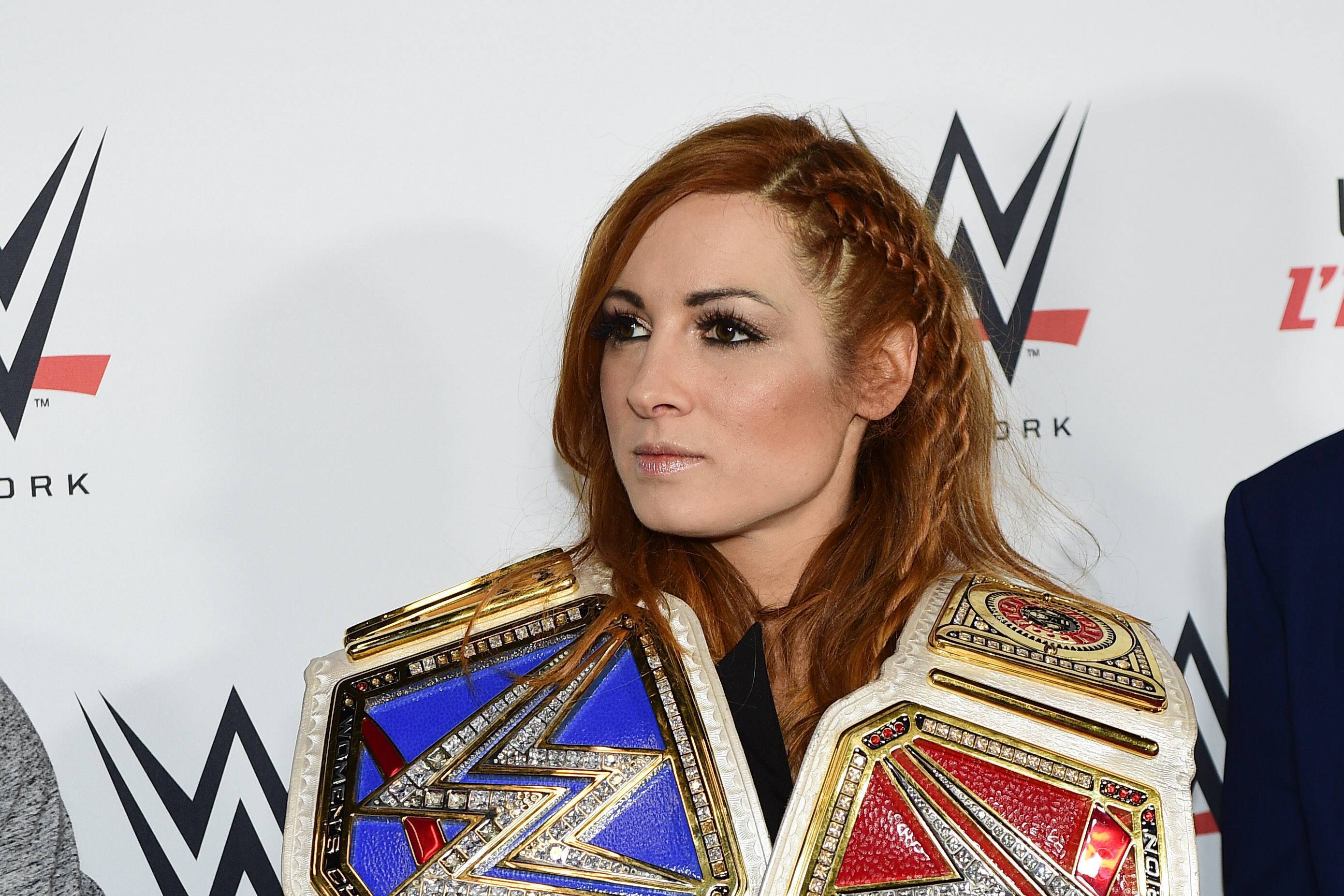'WWE: Unreal' on Netflix Is a Schrödinger’s Hit- Here’s Why We Love and Hate It

Entertainment holds only a few spectacles of such cultural weight as professional wrestling, where muscle meets storytelling. Netflix’s latest docuseries, WWE: Unreal, takes wrestling enthusiasts inside the mysterious arena of professional wrestling with five explosive episodes. Since its launch, the show has tasted paradoxical popularity, embraced and loathed at the same time. It strips away decades of wrestling myth, giving viewers access backstage to writers' rooms, branded drama, and creative mayhem. However, it is not without its vices and sacrifices.
While myths have been debunked, to some, the magic is shattered forever.
Why is WWE: UNREAL loved?
ADVERTISEMENT
Article continues below this ad
Netflix unleashed five episodes of WWE: Unreal on July 29, 2025, which stripped the curtain away from the behind-the-scenes storylines for superstars like John Cena, Rhea Ripley, Cody Rhodes, Jey Uso, Charlotte Flair, CM Punk, Chelsea Green, Bianca Belair, and more. The docu-series provides unprecedented access to the esteemed WWE creative process, led by Triple H as host and insider. Multi-generational followers of WWE get a real-time view of the planning of WrestleMania storylines, eavesdrop on disputes at Royal Rumble pitches, and witness backstage operations and candid moments of the fan-favorite wrestlers.
For old and new audiences, WWE: Unreal's candor and exposed secrets get the show off the ground. It becomes an exciting and unusual behind-the-scenes documentary that informs and entertains in equal proportion. It offers notable insights into the professional wrestling industry that raised generations of avid followers and supporters who religiously watched the matches growing up while loving and admiring the wrestlers.
Despite the curtain of illusion being stripped away, some hardcore WWE followers mourn the loss of kayfabe.
Why is WWE: UNREAL hated?
Watching two rival wrestlers fight themselves into a blood bath has been acceptable; however, seeing them sharing a pizza together right after the match is something several viewers are opposed to. The orthodox wrestling audiences have strong opinions against WWE: UNREAL primarily because it kills the kayfabe, i.e., the holy suspension of disbelief which has kept wrestling in the mainstream of entertainment for over 40 years. The same openness that enriches is the very one that estranges. Deliberately removing all illusions mutually agreed upon by all to keep the business afloat adds to the narrative of professional wrestling not being as real as it looks.
ADVERTISEMENT
Article continues below this ad
Such a docuseries makes it hard for viewers to enjoy the actual athletic performances after being subjected to the process of its production, which appears amply fictitious. Several theorists are also of the opinion, the docuseries might even be faker than the actual events; such is the extent of kayfabe killing in this docuseries, which bulldozes through the mystery of it all. In a time when viewers want realism and authenticity, Netflix's newest treasure in its trove, WWE: UNREAL delivers depth and exposure. However, in the educational process, it forever alters the way the world of wrestling will be viewed. And for some, that is precisely where the heartbreak occurs.
ADVERTISEMENT
Article continues below this ad
Have you watched Netflix's WWE: UNREAL? Share your opinions about the documentaries in the comments below.
ADVERTISEMENT
Edited By: Aliza Siddiqui
ADVERTISEMENT
ADVERTISEMENT




